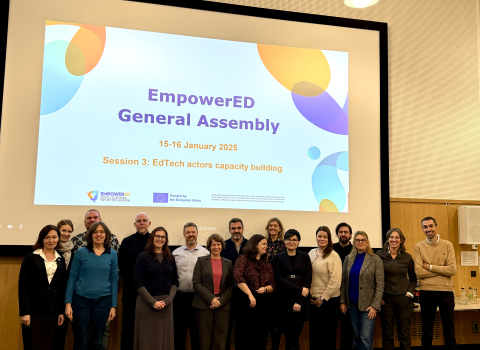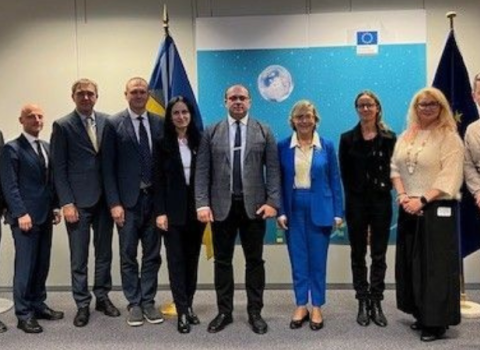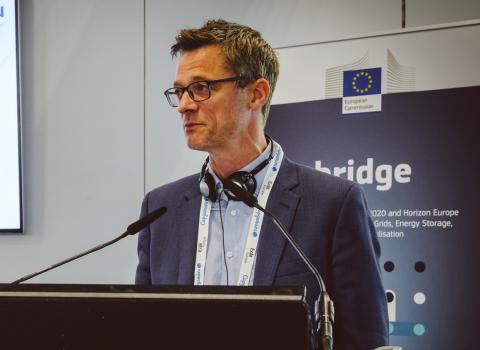Researchers at Karolinska Institutet, Sweden, are to undertake a unique project to study the causes, complications and treatment of ascending aortic aneurysms, which often accompanies diseases of the aortal valve. The study will be the largest ever undertaken, and is made possible thanks to a private donation by the Swedish industrialist Fredrik Lundberg.
Many of those who suffer from valve-related disease have a bicuspid aortal valve in which the valve between the left cardiac ventricle and the aorta has two flaps (cusps) instead of the normal three. This defect often leads to complications such as a widening of the aorta, leakage or constriction of the valve, and subsequent heart damage. People with normal tricuspid aortal valves can also suffer from valve-related diseases, but not to the same extent as those with bicuspid valves.
The reasons why so many people are born with bicuspid valves are not fully understood, not is it known why only some of these go on to develop problems with the valve and the aorta.
More research is also needed into which type of surgery gives the best results. Researchers are inclined to favour what is known as valve-sparing surgery (which reconstructs the valve) over total valve replacement, something which they will now be examining more closely. A total of 600 patients will be taking part in the study, which is unique in its kind.
The project will be led by Anders Franco-Cereceda from the Karolinskaq’s Division of Thorax Surgery and Thorax Anaesthesiology Anders Hamsten and Per Eriksson from the Atherosclerosis Research Unit, Kenneth Caidahl and Maria Eriksson from the Division of Clinical Physiology, and Jan Liska of Karolinska University Hospital’s Thorax Clinic.
Fredrik Lundberg is contributing SK 18 million (€1.9 million) to project. Lundberg is a major shareholder in Holmen, Hufvudstaden, Cardo and Industrivärden through the investment company that bears his name.
“We’re overwhelmed by his generosity, which is not only important to the actual study but also for making sure that Sweden keeps hold of its competent researchers,” said Franco-Cereceda. “This project is unique in that we’ll be looking at everything, from genetic causes to the consequences of different surgical methods and aftercare.”




 A unique international forum for public research organisations and companies to connect their external engagement with strategic interests around their R&D system.
A unique international forum for public research organisations and companies to connect their external engagement with strategic interests around their R&D system.